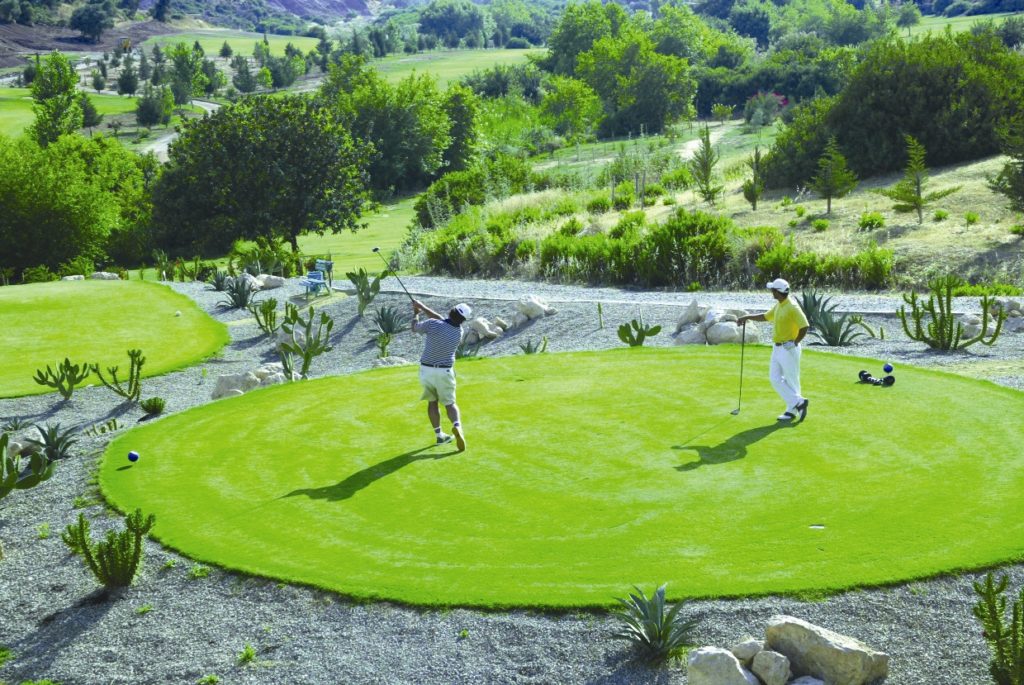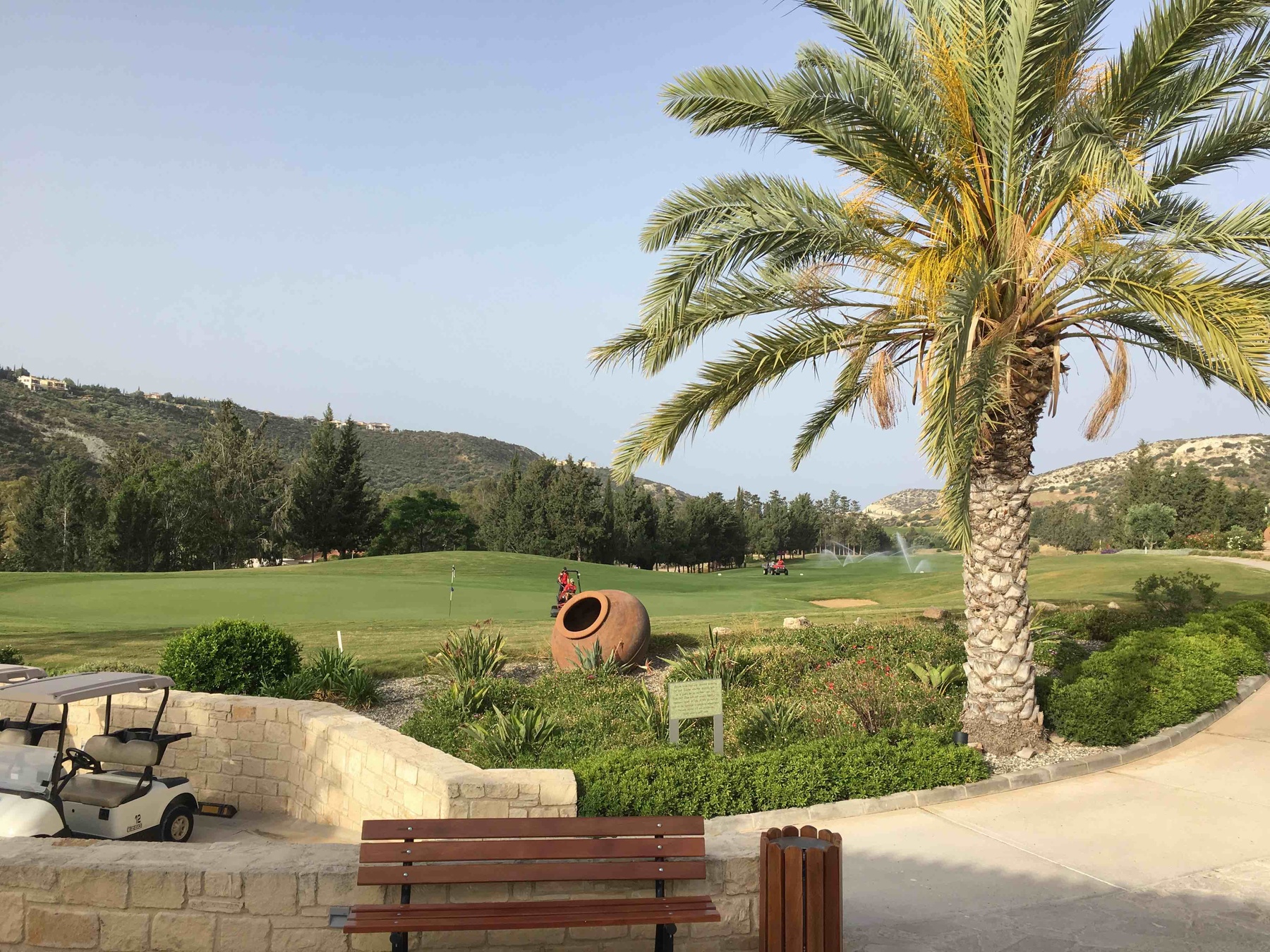Secret Valley Golf Resort in Cyprus is one of many clubs in the world that have had to tackle the issue of water shortages caused by climate change.
Cyprus is one of the hottest countries in Europe, and has average temperatures nearing 30°C from June to September. During this time the average rainfall is virtually zero, with a small reprieve in September when it rises to 3mm. Recently, rain during the winter months has reduced, leading to reductions in water around the island. This has caused Secret Valley’s golf course superintendent Derek Smith to focus on methods of reducing hydrophobic conditions on the course.
Smith’s career has seen him work in warm climates before, with roles at Palmares Golf Resort in Portugal, Alcanda Golf Course in Majorca and The Wave in Oman, but a lack of water to manage heat, similar to what was experienced in the UK this summer, was a challenge he had to address quickly.

Smith explained: “Due to climate change, the winters have changed in Cyprus, with less and less rainfall. The dams are running at under 30%, and they are our only source of water, so reductions from the water authorities have left us struggling for water. I have always been very water efficient, as I truly understand how this is affecting the turf industry. Because we could not spend the value of water in our budget due to the cuts, we decided to use some of that money to help the plant in other ways. One by using a high-quality wetting agent and another by using growth retardants.”
He added: “We had already started using OARS HS and, from my experience of using them, I trust Aqua Aid products and their longevity. After meeting a representative from Aqua Aid Europe, and explaining our issues, it was decided that we’d try PBS150. We applied it once in the middle of May and during the summer months we saw a water reduction of around 30%, and I’ve seen a much better sward density and far, far less isolated hydrophobic areas.
“For us, saving water is beneficial enough, but by not having to spot water we have reduced labour costs. I also hope that by using PBS 150 we can work on our very poor river silt soil and turn it into a healthier environment.”
PBS 150, or polyfunctional branched surfactant to use its full name, utilises multi-branched molecular technology to address the source of performance loss – biodegradation of the surfactant molecule by soil microbes. It is designed to reduce hydrophobic conditions on a sustainable basis for five months or more, encouraging a pattern of hydration and re-hydration that improves the amount of available water in the soil profile to meet the metabolic demands of the plant. The 3D Multibranched technology helps to even-out moisture difference in multiple directions, providing a great tool to give more control over moisture conditions. By doing this the uniform movement of water into and through the soil matrix is restored and the stress tolerance is improved along with the turf quality and colour.

